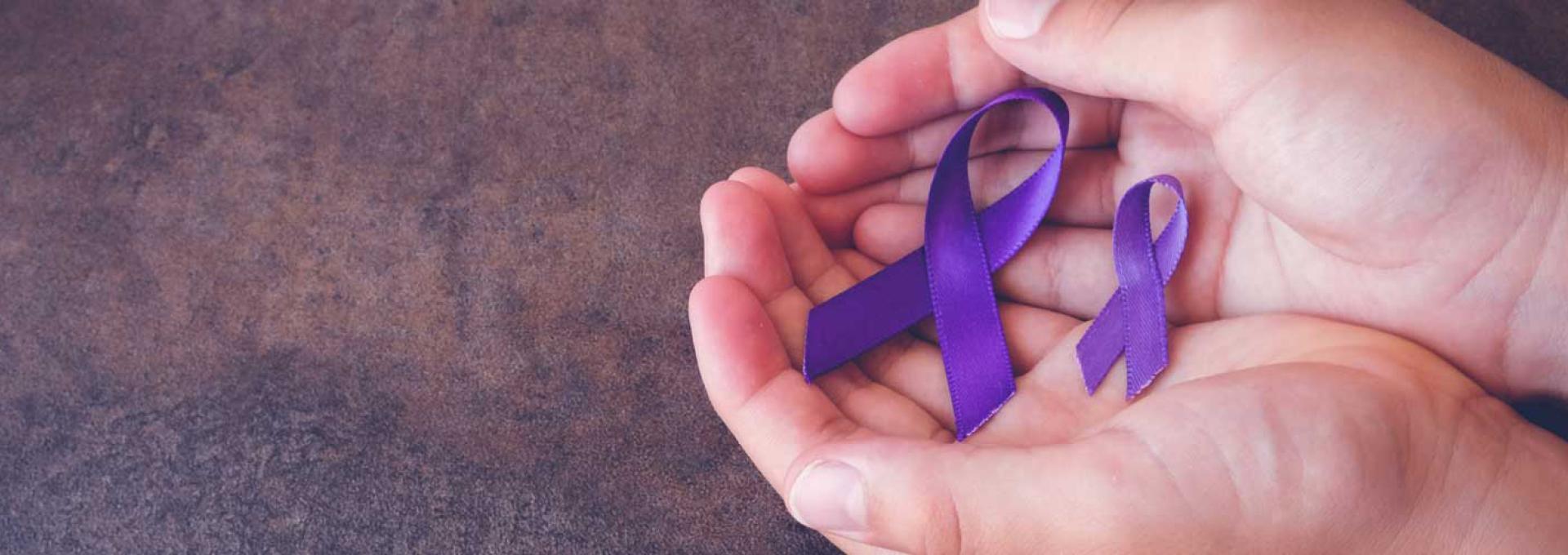WARNING:
Your abuser may monitor your internet use and may be able to view your computer activity. If you have reason to believe that your computer is not secure, you may wish to use a computer in another location to which your abuser does not have access.
- Talk to the Survivor
Let your friend, co-worker, or loved one know that they are not alone, and you are there to listen if/when they want to talk. If they talk to you about the abuse, let them know you are willing to set up a code word or signal for when they may need you to call the authorities for help. Respect their privacy. They may not want others to know what they are experiencing. Be open to hearing about the violence, don’t interrupt. Do not judge their decisions. Express your concern for their safety. - Believe and Validate their Experiences
Accept their feelings and let them know they are not alone; many others have had similar experiences. Let them know there is help available. - Acknowledge the Injustice
The violence perpetrated against them is not their fault. No one deserves to be abused. They have a right to control their own life and choices. Acknowledge how wrong it is that they are experiencing this behavior from someone who was supposed to care for them. - Respect their Autonomy
Respect their right to make decisions in her own life, on their own terms. Be aware that your ideas may not work for the survivor’s situation; always ask what they think will work best. They are the expert in their life. - Help Plan for Future Safety
When planning for safety, it can be helpful to discuss what the survivor is already doing to stay safe. Talk about what they are doing now to keep safe. Ask if the current plan is working. If it’s not, brainstorm new ideas. - Be Prepared
Call the Florida Domestic Violence Hotline or the local certified domestic violence center hotline to learn about services and resources that may be available. Be prepared to provide these phone numbers to your loved one when they are ready for help.



